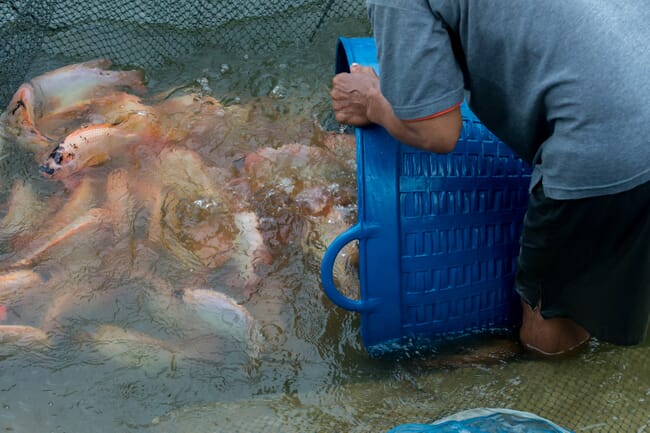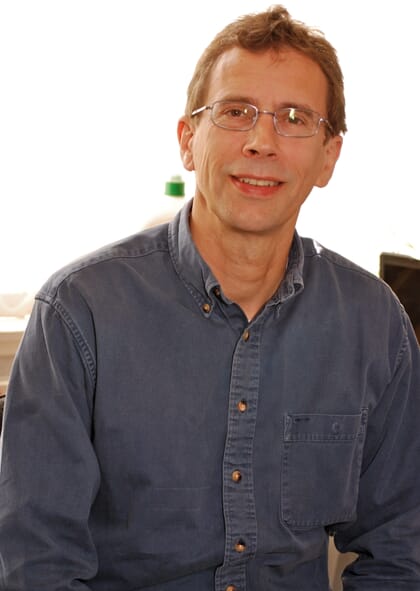
Interventions will have the potential to avoid unnecessary harm and pain to the fish, help farmers improve efficiency and business resilience
The Institute of Aquaculture, which is a world leader in its field, has been awarded £780,000 for the project from Open Philanthropy.
The funding will help researchers improve resources for farmers in areas where fish produced is eaten locally and where there are some of the largest concentrations of the production and consumption of farmed fish and shellfish globally.
Professor Dave Little, Deputy Head of the Institute of Aquaculture at the University of Stirling, is one of the researchers leading the project. He said: “Across Asia there are serious welfare issues that affect millions of aquatic animals and there is an urgent need to drive change. In addition, there is very little awareness about the importance of improving the situation.
“This significant research funding will help tackle these issues and we hope it will vastly improve aquatic animal welfare, result in fewer losses, produce a higher standard of meat and boost the economy.”
The research will support transformational change in the welfare of farmed fish across the continent. Interventions will have the potential to avoid unnecessary harm and pain to the fish, help farmers improve efficiency and business resilience, support a sustainable environment, contribute to a healthier general population and combat poverty and hunger.
The team of aquaculture academics will do this by mapping opportunities for improved welfare, establishing networks of stakeholders, supporting education and advocacy, research into delivering improvements and removing barriers and developing guidelines. Outcomes will be disseminated through videos, podcasts, course materials and a resource website, publicised through social media channels and relevant publications.

A key element of the project will be supporting local researchers and working closely with other stakeholders to develop innovative approaches to improving fish welfare
A key element of the project will be supporting local researchers and working closely with other stakeholders to develop innovative approaches to improving fish welfare practically, all while raising awareness and interest among consumers. The work will fund and support the development of the most promising small projects in both countries to help achieve these goals.
Importantly, the project will also make a fully funded MSc scholarship to study at the Institute of Aquaculture available to a Thai and Vietnamese national, harnessing and growing the potential of local talent to continue work in this area into the future.
The project will last two years and is also being led by Professor Jimmy Turnbull, strategic lead on animal welfare; Dr Amaya Albalat, senior lecturer in welfare and behaviour and Dr Sonia Rey Planellas, lecturer in welfare and behaviour.




